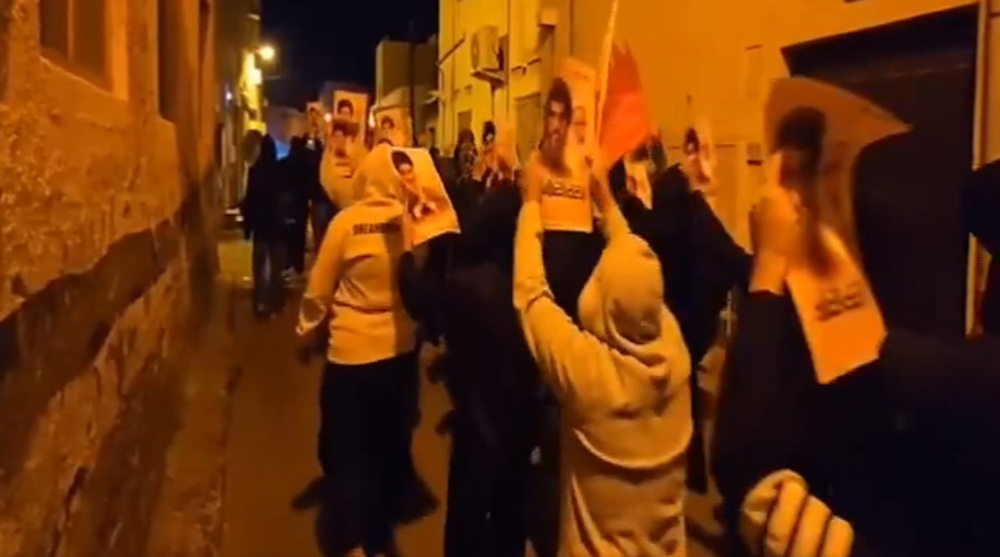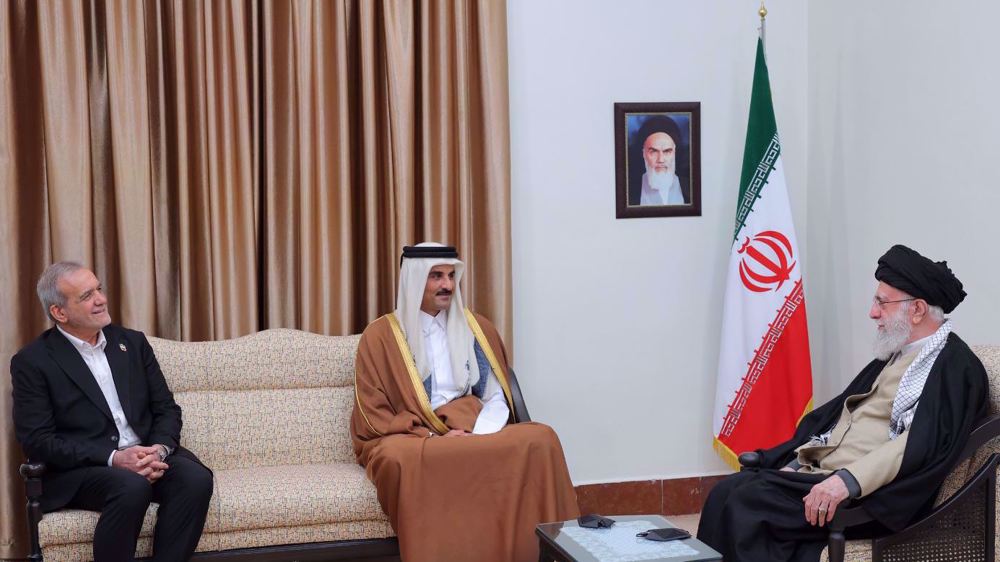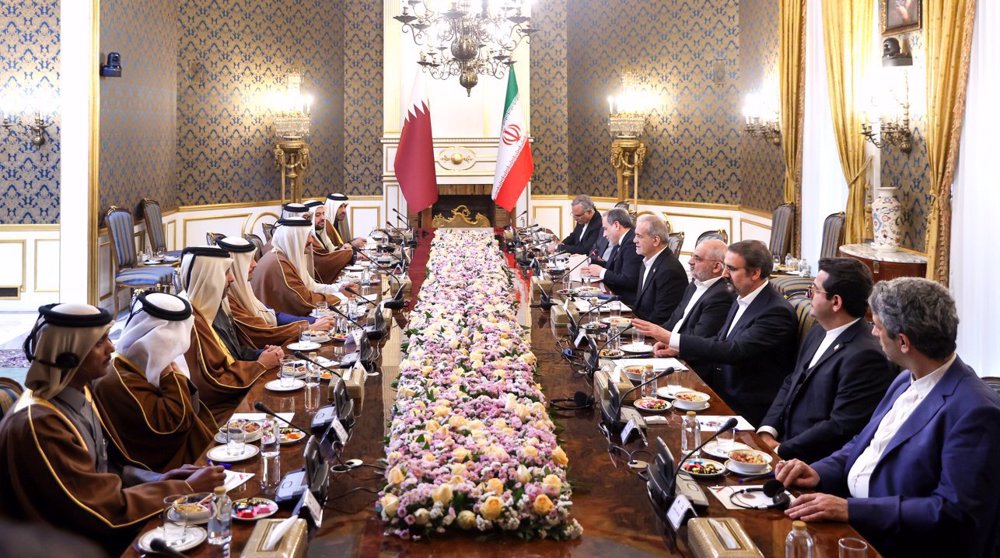Popular Qatari news website slimming down over censorship
Qatar’s leading independent English-language daily news website has announced that it is going to scale back operations less than a week after authorities blocked it inside the tiny Persian Gulf kingdom.
Doha News, in a statement released on Sunday, condemned the censorship move as “an intentional act, in part due to issues with our licensing.”
“In the interest of protecting our team, we will be reducing the number of articles we publish until we can resolve the problem and get dohanews.co unblocked,” the website said.
Doha News added that its managers are also negotiating with officials to see how they can resolve the problem.
“At the same time, we reject the idea that our news website should be blocked over licensing concerns - this is a clear act of censorship, and a fairly unprecedented one in Qatar,” it pointed out.
Both of Qatar’s Internet service providers, Ooredoo and Vodafone, simultaneously blocked the web address of Doha News last Wednesday.
The popular news website has been operational since 2011, and purportedly serves an audience of around one million users per month.
James Lynch, Amnesty International’s deputy director for global issues, has censured the blocking of Doha News website as “an alarming setback for freedom of expression” and “an outright attack on media freedom” in Qatar.
He added that Qatari authorities have “specifically targeted a key source of independent and credible journalism in the country, which has played an important role in fostering dialogue and discussion about social and political issues that affect people in Qatar.”
Lynch further called on Qatari officials to immediately reverse the blocking of Doha News.
The decision to block Doha News seems to be linked to several sensitive articles it published earlier this year.
The news website carried an editorial two months ago, which alleged that Qatar’s cybercrime law was being exploited to “silence” people.
Freedom of expression in Qatar is strictly controlled and the local press routinely exercises self-censorship.
Under Qatar’s restrictive 2014 Cyber Crimes Law, state officials can block websites deemed threatening to the “safety” of the country and punish anyone who posts or shares online content that “undermines” Qatar’s “social values” or “general order.”
VIDEO | People’s Fair for Gaza fundraiser held in New York
Hamas: Netanyahu tampering with fate of Israeli captives
VIDEO | Kashmir pays homage to Hezbollah leaders
VIDEO | Trump's ethnic cleansing plan draws Palestinian supporters to Seoul rally
Iran condemns ‘vicious act of Israeli terrorism against civilians’
Netanyahu: Israel won't allow Hayat Tahrir al-Sham forces in southern Syria
VIDEO | Paying tribute to Hezbollah leaders
Hezbollah leaders’ historic funeral showed resistance strength: Islamic Jihad
















 This makes it easy to access the Press TV website
This makes it easy to access the Press TV website